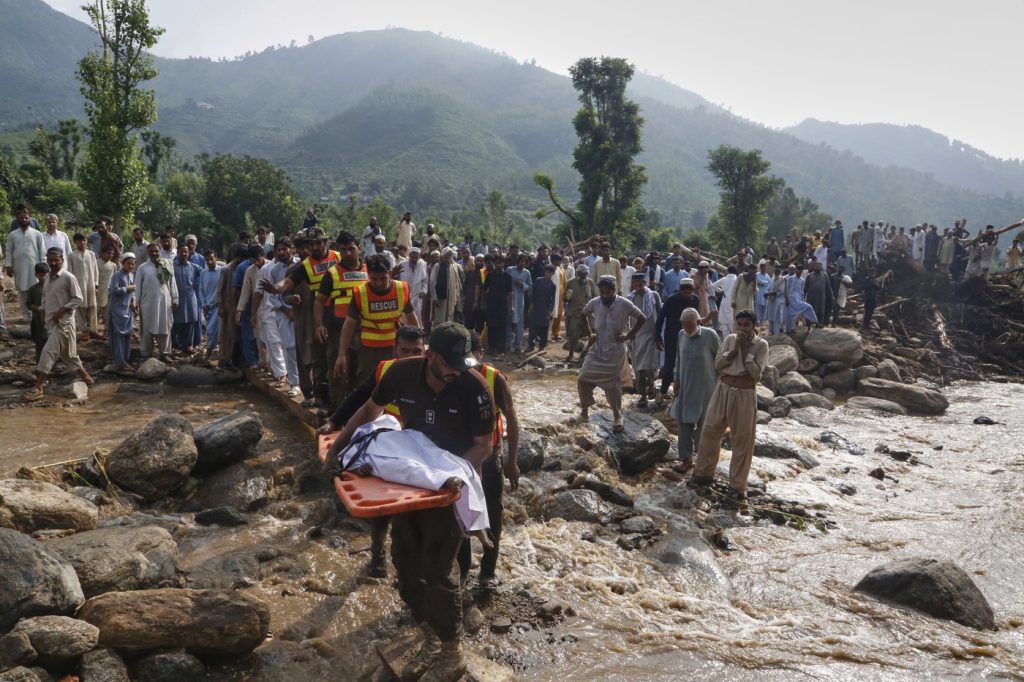SEOUL, South Korea - The annual large-scale joint military exercise named Ulchi Freedom Shield commenced on Monday, as South Korea and the United States aim to bolster their defenses against threats posed by nuclear-armed North Korea. The North has issued warnings that the drills could exacerbate regional tensions and has vowed to respond to any perceived provocations against its territory.
The 11-day exercise is set to involve 21,000 personnel, including 18,000 South Korean soldiers, who will participate in computer-simulated command post operations as well as field training. While South Korea and the U.S. characterize the drills as defensive, North Korea views them as rehearsals for invasion. The North frequently utilizes these exercises as justification for military provocations, including weapons tests designed to advance its nuclear capabilities.
North Korean Defense Minister No Kwang Chol criticized the joint drills last week, accusing the allies of adopting a confrontational military stance toward the North. He declared that North Korean forces will be prepared to counteract any potential provocation that exceeds the established boundary line.
Ulchi Freedom Shield is particularly significant for South Korea's new liberal President Lee Jae Myung, who is gearing up for an August 25 summit with U.S. President Donald Trump in Washington. This summit raises concerns in Seoul, particularly regarding Trump’s propensity to demand higher payments for the 28,500 American troops stationed in South Korea and the potential reduction of U.S. military presence as Washington recalibrates its focus toward China.
The political landscape on the Korean Peninsula remains charged, especially as North Korea has dismissed calls from President Lee for renewed diplomacy. Relations have soured significantly in recent years, with North Korean leader Kim Jong Un accelerating his weapon development and strengthening ties with Moscow following Russia’s invasion of Ukraine.
"What’s needed now is the courage to steadily take steps toward easing tensions, grounded in a firmly maintained state of ironclad security readiness," Lee stated during a Cabinet meeting on Monday. Concurrently, South Korea has initiated a four-day civil defense drill that involves thousands of public workers, typically held alongside the ongoing military exercises.
The previous conservative government of South Korea responded to threats from the North by enhancing military exercises with the U.S. and seeking stronger assurances for nuclear deterrence, eliciting strong reactions from Kim. Last year, Kim renounced long-term reconciliation objectives and amended North Korea's constitution to designate the South as a permanent enemy.
In a recent communication to Pyongyang, President Lee indicated his intentions to restore a 2018 inter-Korean military agreement aimed at reducing tensions along the border and called on North Korea to reciprocate efforts to rebuild trust and revive dialogue. The 2018 military agreement had established buffer zones on land and sea to prevent confrontations but was suspended by South Korea in 2024 due to escalating tensions linked to North Korea’s provocations.
When questioned about the potential impact of Lee's efforts to restore the military agreement on the current drills, South Korea's Defense Ministry clarified that there are no immediate plans to halt live-fire training operations near the disputed western maritime border with the North. While half of the planned 44 field training programs for Ulchi Freedom Shield have been postponed to September, U.S. officials dismissed speculation that this scaling back was intended to accommodate diplomatic efforts with North Korea, attributing the changes instead to heat concerns and flood damage to some training areas.
Historically, Trump has advocated for a reevaluation of financial responsibilities for the American military presence in South Korea. Recent comments from U.S. military officials, including Undersecretary of Defense Elbridge Colby, suggest a strategic shift in the alliance, potentially altering the roles of U.S. forces in South Korea as they pivot to address threats from China, leaving Seoul to shoulder greater responsibilities against North Korea.
In a briefing with reporters, General Xavier Brunson, commander of U.S. Forces Korea, emphasized the need to "modernize" the alliance to effectively address the changing security landscape, which includes addressing North Korea's nuclear ambitions and its growing partnership with Russia, as well as Chinese threats to a "free and open Indo-Pacific."












